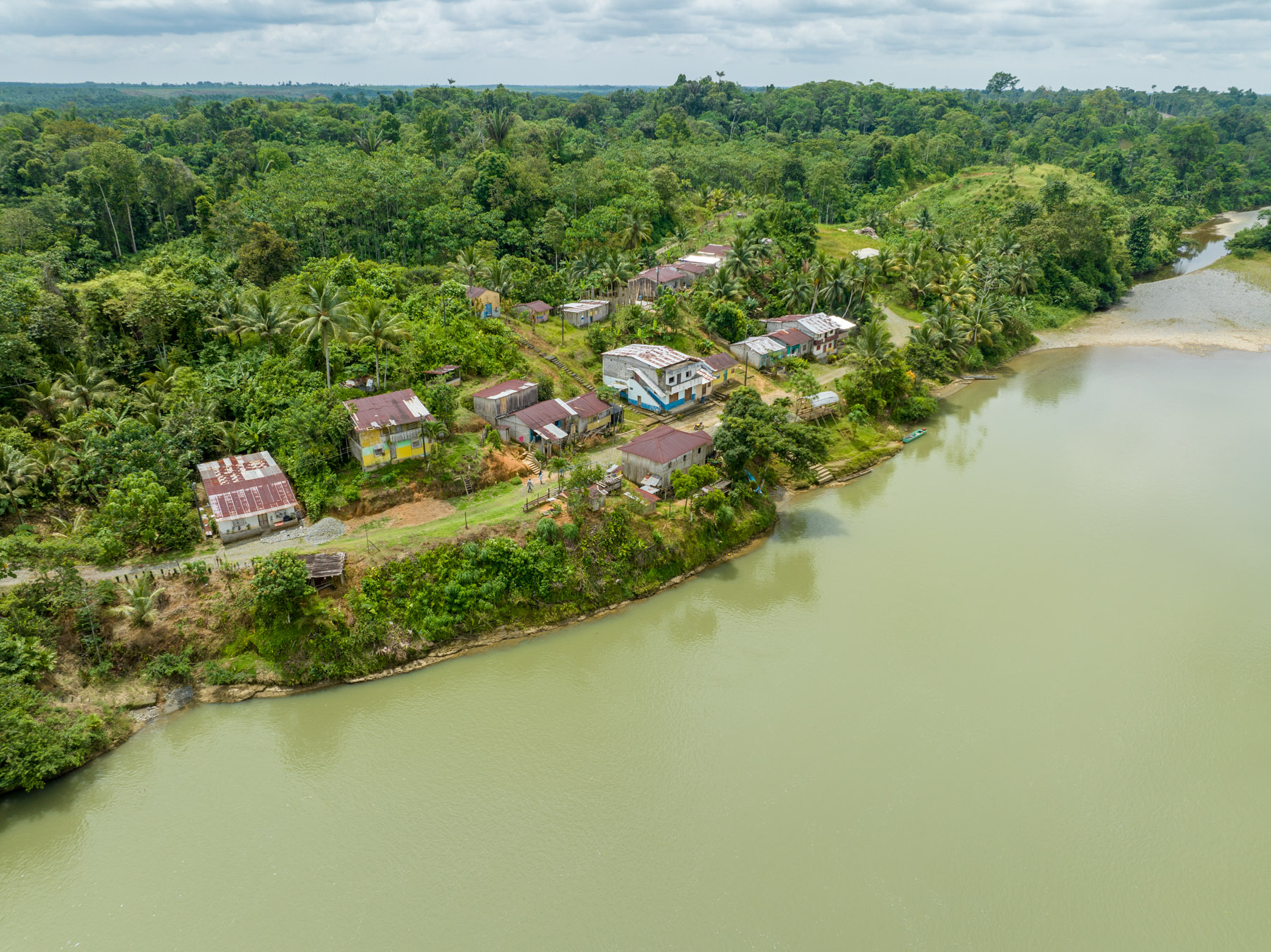The Story Behind Our (Growing) Operations. An interview with Julius Emmrich, Co-Founder and CEO of Elucid
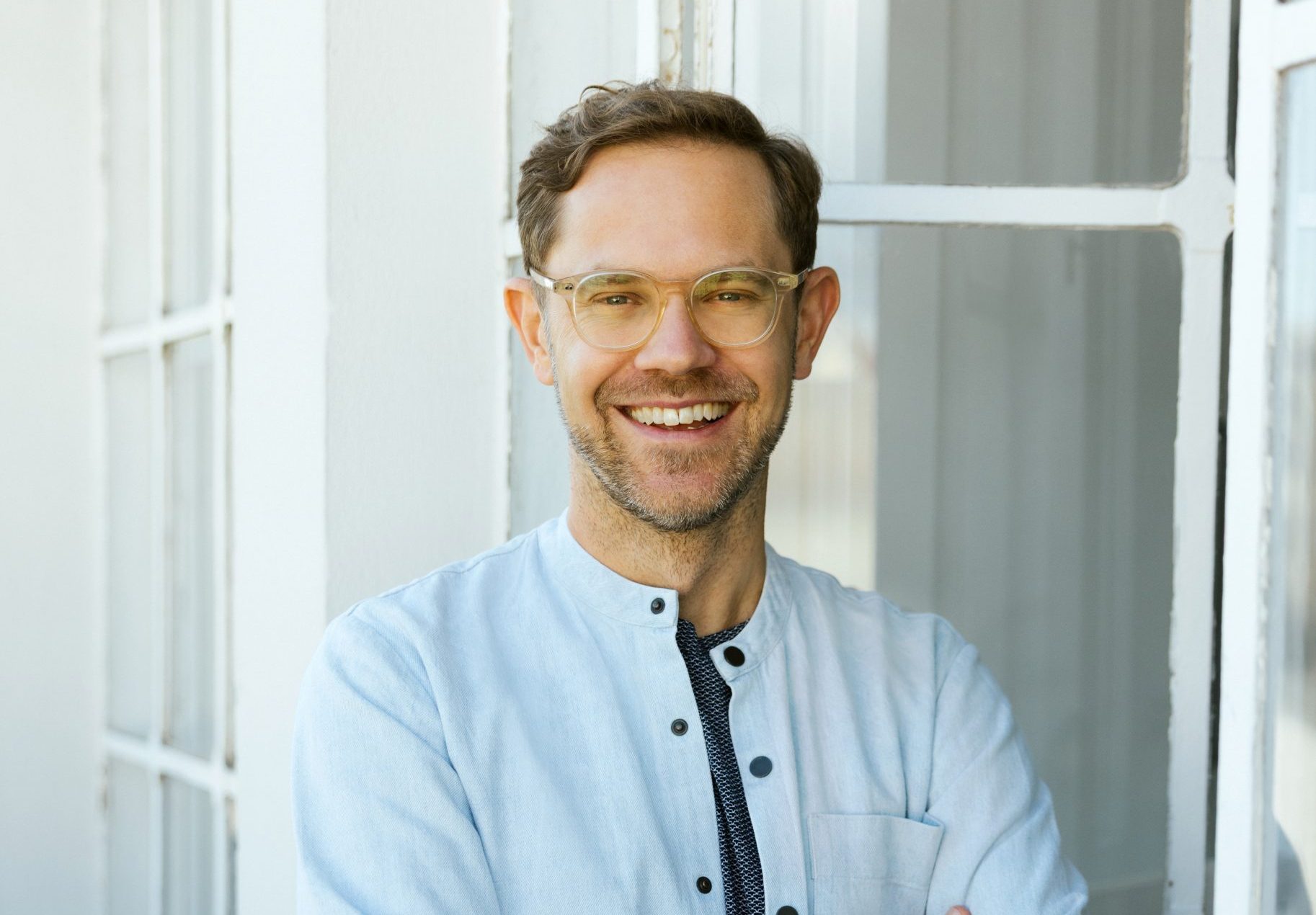
What does it take to implement health programs on the ground? How do you scale operations to entirely new contexts? Our co-founder and CEO, Julius Emmrich, dives into these questions and more. Read on to find out what makes our operations tick!
Growing from a few locations to multiple countries brings a whole new set of challenges. What have you found most complex about keeping our operations efficient and impactful as we scale, especially when managing very different healthcare systems, partners, and on-the-ground realities?
The regulatory landscape is probably the most underestimated challenge.
Every country is essentially a new regulatory universe that we must navigate carefully: insurance rules, data protection requirements, health worker authorizations, company and NGO registrations. You think you’ve figured out the playbook in one country, and then you enter the next and realize you’re starting from scratch.
But beyond regulation, there is the sheer unpredictability of operating in these contexts. We have worked through political transitions, elections, hyperinflation, supply-chain disruptions, fuel shortages, public worker strikes, and increasingly severe climate effects. Whether it is instability in Venezuela, political tensions in Côte d’Ivoire during elections, or the coup in Madagascar – we need to keep moving regardless. Building resilience into our operations isn’t optional; it is fundamental.
Then there is the tension between standardization and reality. What works brilliantly in Ghana or Ecuador may simply not translate to Madagascar or Côte d’Ivoire. So we have had to build systems and tools that can scale: operational toolboxes, training manuals, claims workflows, M&E frameworks, finance controls, compliance checks while remaining flexible enough to adapt to local conditions.
The key thing we have learned is to listen first. We have exceptionally strong field teams and local insight always beats headquarters assumptions. So we have developed a rhythm: co-create solutions with our teams on the ground, test them in the field, adapt rapidly based on what we learn and always keep the end goal clear: improving care access and impact for farming communities. We iterate fast, but with discipline.
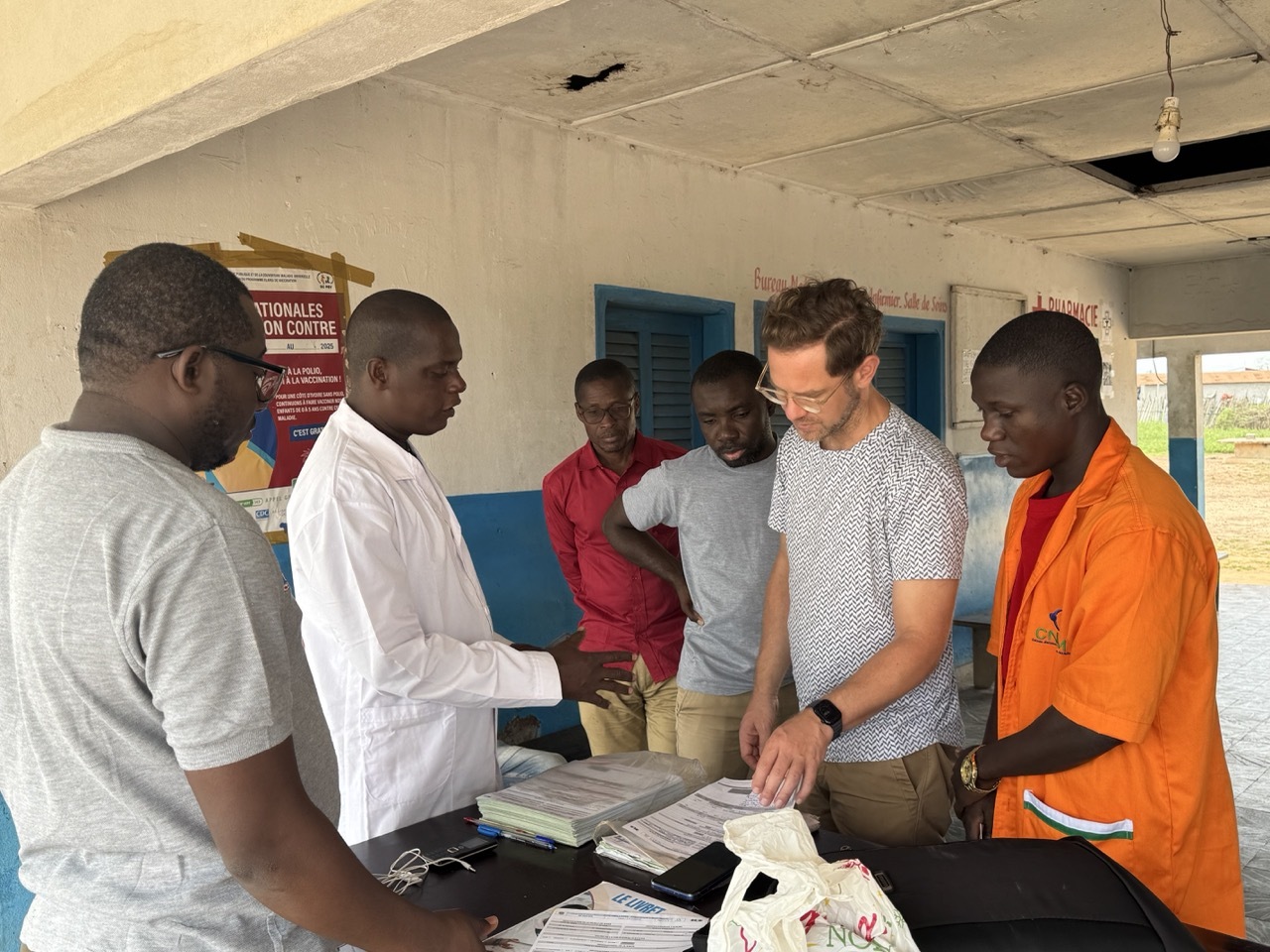
Every country has its own context, from health policies and infrastructure to cultural perceptions of care. How do you make sure we adapt well to these local differences while still keeping a consistent standard of quality and comparable results across all programs?
What I find fascinating is that despite wildly different contexts, we see remarkably similar barriers everywhere. High out-of-pocket spending consistently prevents families from accessing care – no matter the country. This pattern holds across every country we operate in. It is almost universal.
Where things differ is in the solutions. In Côte d’Ivoire, we provide top-up care alongside CMU support. In Ghana, it’s top-up care integrated with NHIS support. In Madagascar, Uganda, and Venezuela, where there is no national health insurance system to build on, we provide direct care funding and operate mobile clinics.
The models look different on paper, but the outcome we are driving toward stays constant: quality healthcare access for every family. That focus on the end goal allows us to maintain consistency while adapting to each country’s reality.
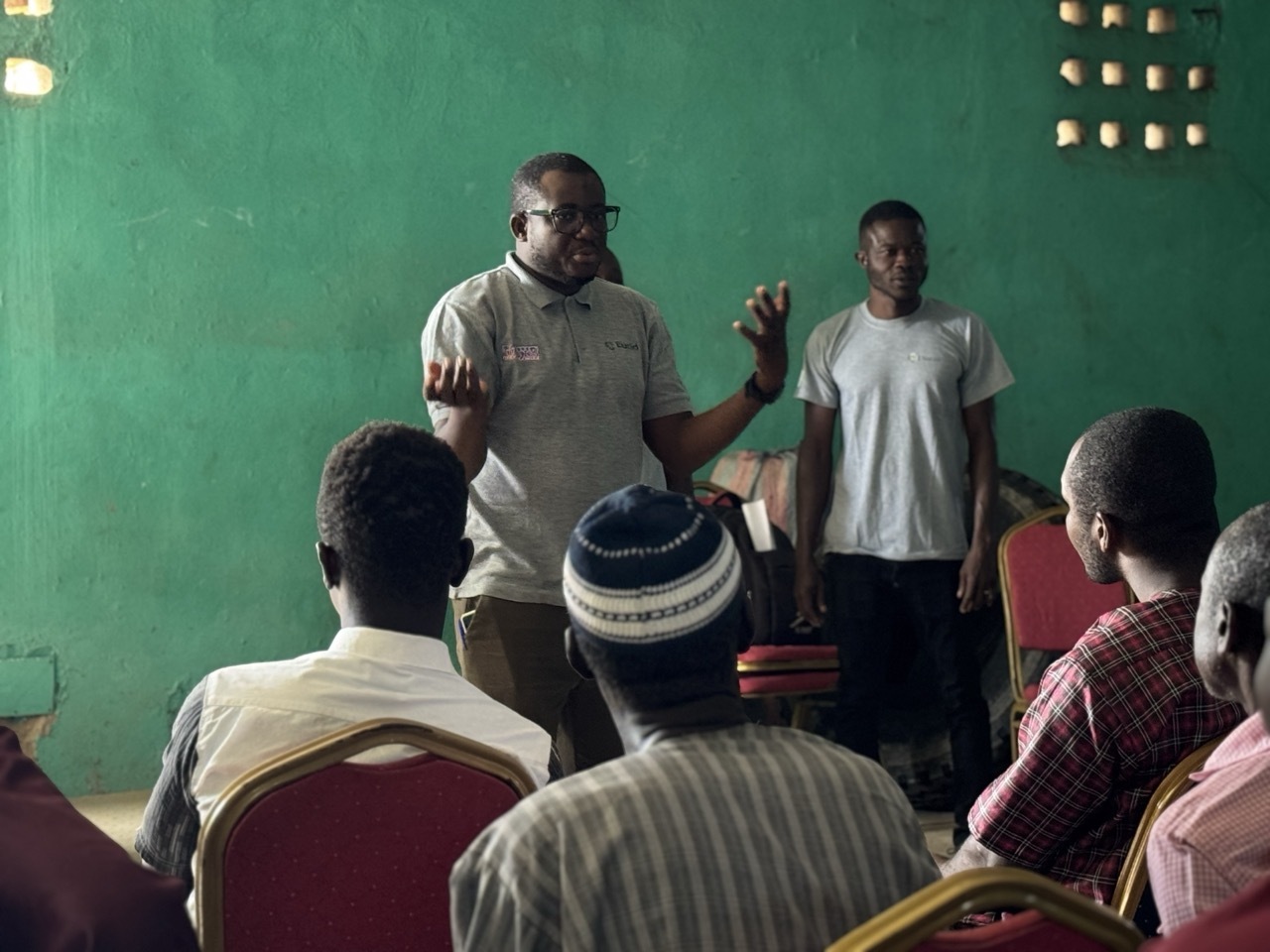
If you had to pinpoint three things that really make our operations work, the ingredients that hold everything together as we grow, what would they be?
People, people, people. Everything starts there.
Beyond that, it’s data-driven execution. We need to run on clear KPIs, weekly dashboard check-ins, and rigorous field-level reporting. Our decisions need to be anchored in real metrics not intuition. You can’t improve what you don’t measure and you can’t scale what you don’t understand.
The third ingredient is operational discipline. We start simple, repeat what works, and standardize what scales. We build in constant quality checks and make fast course-corrections when something isn’t working. It sounds basic, but maintaining that discipline as you grow across countries is harder than it looks.
I think about it this way: mission gives us direction, people give us strength, and data gives us truth.
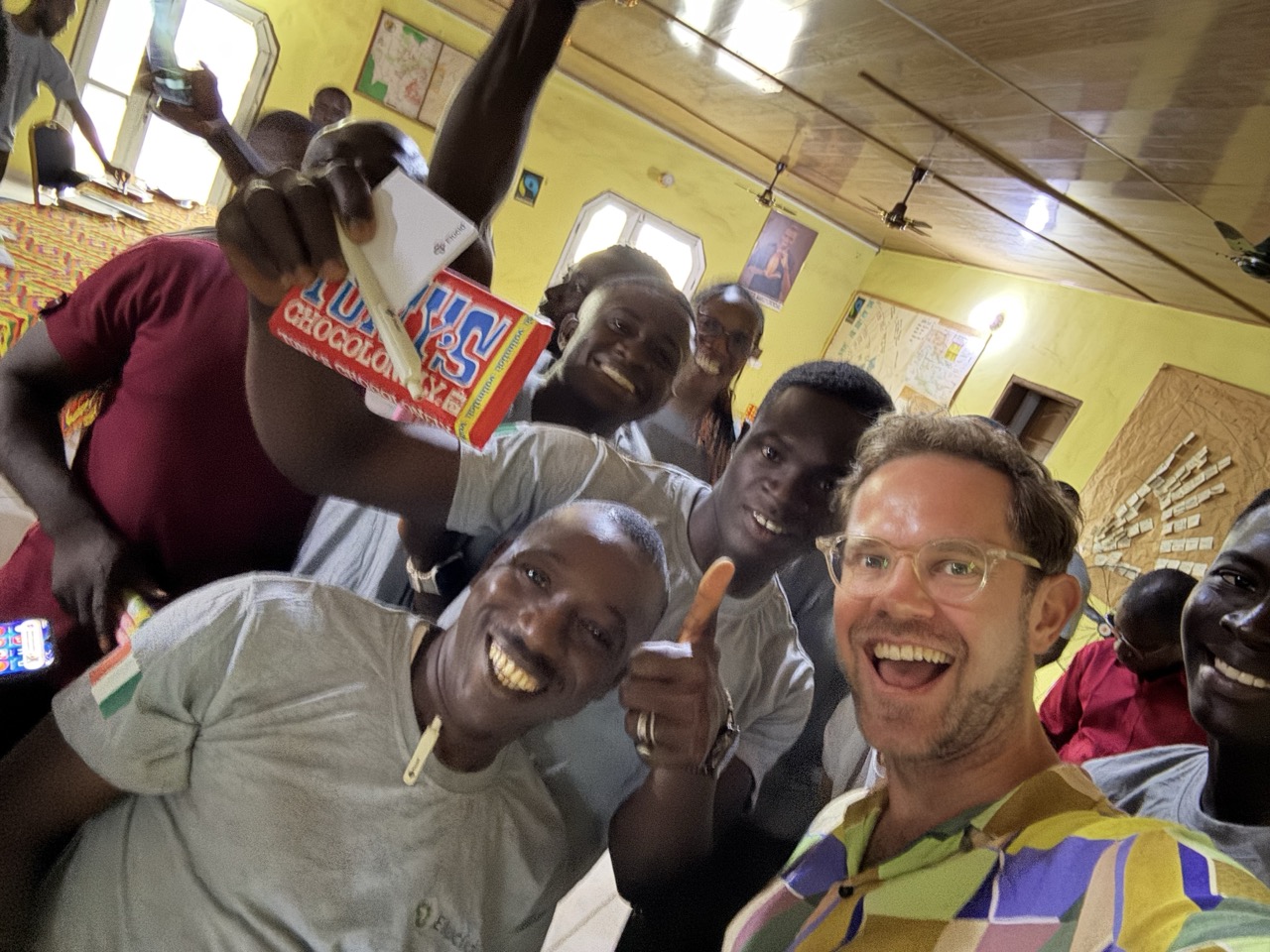
Across all these experiences, what’s something that has genuinely surprised you, maybe a moment or insight that shaped how you think about our work?
How deeply meaningful the work actually is. I see it as a privilege. Delivering healthcare to people who otherwise wouldn’t access it. It’s hard to imagine a more fulfilling role, whether you’re working from Berlin or anywhere else.
What’s also surprised me is the level of intrinsic motivation across our teams. Our people are driven by patient stories, not spreadsheets. That is rare, and it is our greatest asset.
Some moments stay with you. Standing in a remote village, watching a mother receive antenatal care she never had access to before. Seeing a father get life-saving treatment instead of going into debt to pay for it. Those moments show you what impact actually means, every single time.
Impact becomes real when you see one person’s life change. And then you see it happen again and again, and you realize the scale of what we’re building.
Interested in reading more Inside Elucid stories? Filter by ‘Inside Elucid’ on our Knowledge Hub!



